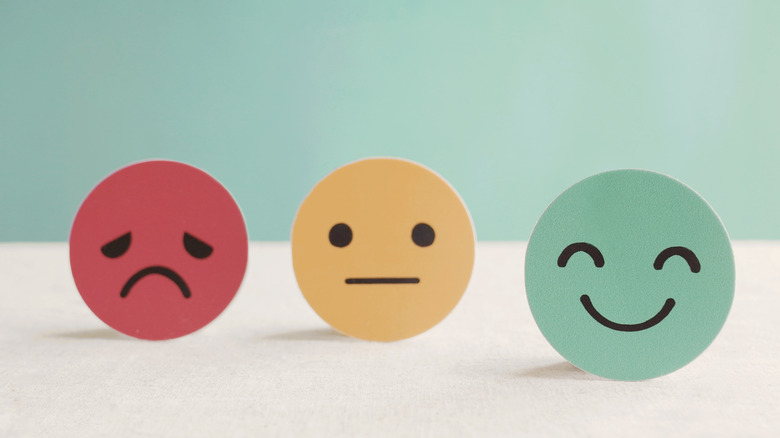Are Schools Doing Enough For Their Students' Mental Health?
Mental health is just as important as physical health. According to the CDC, mental health affects our relationships with others, how we cope with stressful situations, and many of the decisions we make. Poor mental health can increase your risk of developing many physical health conditions, including diabetes, heart disease, and stroke. Mental health is an important issue for both children and adults.
It has been a growing concern for many parents that the COVID-19 pandemic has affected the mental health of children in schools. A new report published this week rated states based on how well their public school systems are handling the mental health of their students. "This report card really aims to give us a better understanding and overview of what's currently happening in our schools specific to mental health, what are the areas we might be able to improve," said psychologist Benjamin Miller, president of Well Being Trust, which was also involved in the report (via NPR). According to NPR, this report "grades states based on how well they've developed eight different kinds of programs and services to improve school mental health."
States with the best and worst mental health care for children
In this new report, states are rated based on a variety of factors including mental health education available for students, access to school counselors, and applicable training for staff. They also checked to see if the states partner schools with community mental health professionals and make sure that mental health care is available to all students regardless of their family's income. Some of the highest-rated schools were Colorado, California, Washington, Illinois, and Nevada (via NPR).
Each of these states has a wide variety of ways that the average student can seek mental health care. Colorado, for example, offers telehealth services for eligible students and has adopted anti-bullying legislation. "In addition, Colorado has also adopted mental health excused absences legislation and suicide prevention programs," said Angela Kimball, senior vice president of policy and advocacy at Inseparable. Some of the lowest-rated states in the report were Georgia, West Virginia, Missouri, New Mexico, Nebraska, and South Dakota. These states offer very little support for students who are struggling with their mental health.


